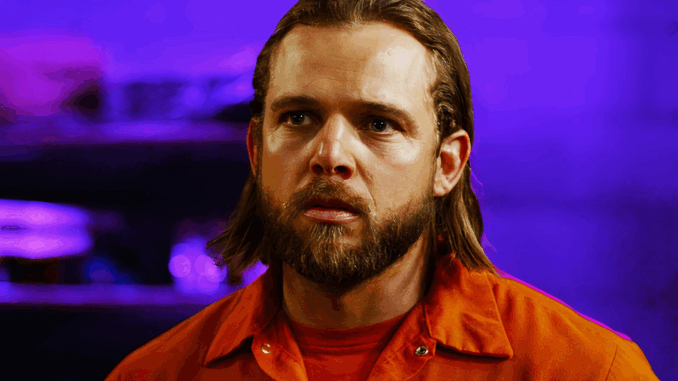
From the very first episode, Fire Country has set itself apart by centering its narrative on redemption. This isn’t a show about perfection; it’s a show about growth, mistakes, and the often painful path toward becoming better. Bode Donovan’s journey — from a troubled inmate to a respected firefighter — sets the tone, but the theme of redemption extends far beyond his personal arc.
Season 4 explores redemption on a broader scale. For Bode, it’s no longer just about proving his worth to others; it’s about believing in his own capacity to change. His struggle with self-forgiveness adds new emotional layers to his character. The mistakes he made before prison still haunt him, but it’s his consistent efforts to do right — not just for himself but for others — that define his progress.
Other characters also walk the redemption path. Jake, once at odds with Bode, now seeks to rebuild their fractured relationship. His own missteps — both personal and professional — weigh heavily on him, but his growth is evident in how he handles leadership under pressure.

Gabriela finds herself reevaluating what she wants out of life and love. No longer simply Bode’s love interest, she becomes a character defined by her own choices, reconciling her desire to help others with the emotional risks of opening herself up again.
Even Manny, who has always carried himself with confidence and strength, faces redemption as a father and mentor. Season 4 dives into his unresolved guilt and how he finds atonement not through words, but through actions.
What makes Fire Country’s portrayal of redemption so compelling is its realism. There are no quick fixes or tidy endings. Mistakes aren’t magically erased. Instead, characters are challenged to grow — slowly, painfully, and often with setbacks. In doing so, the show speaks to something universal: the belief that while we can’t undo the past, we can always choose a better future.
